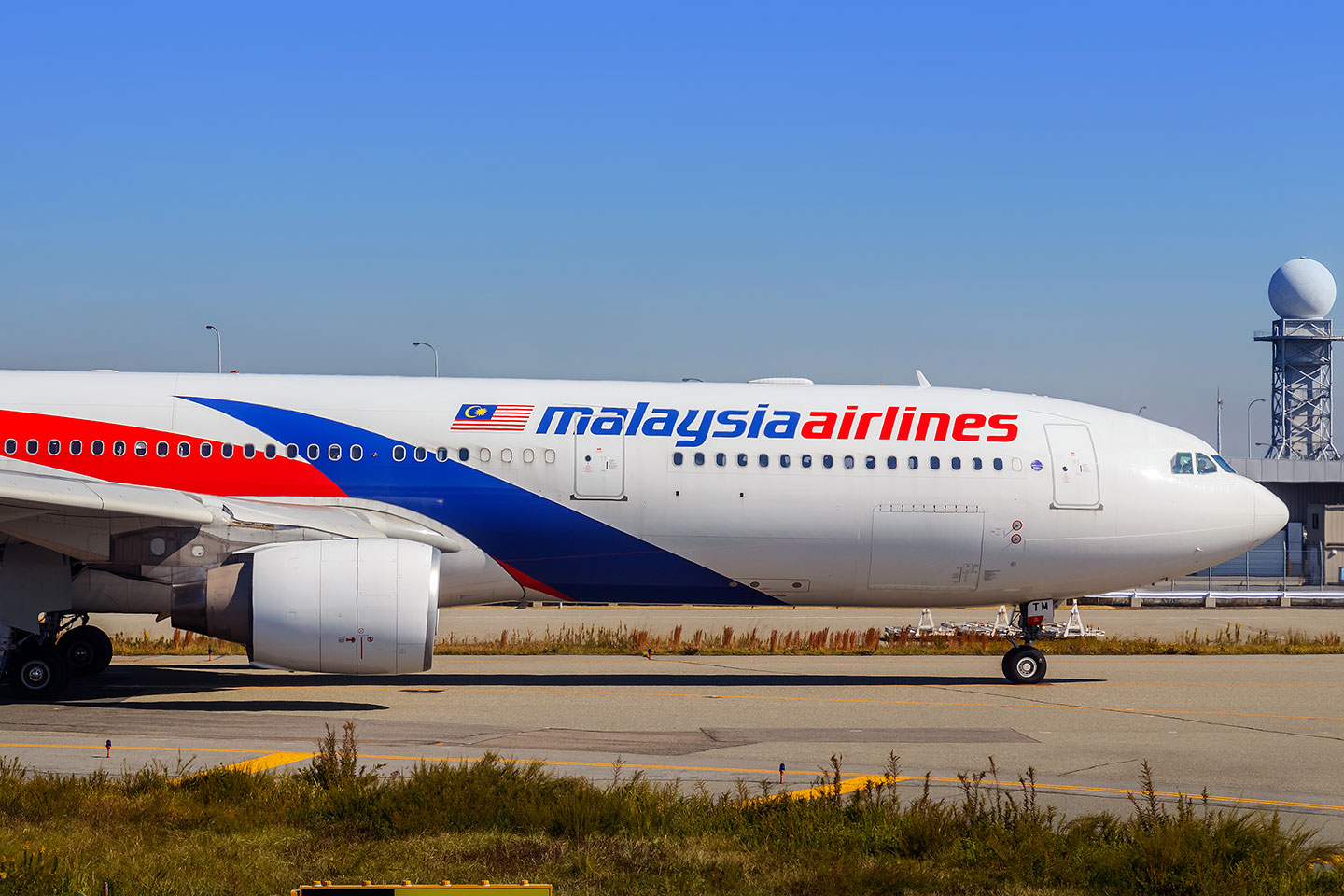Amid plunging passenger ratings and ever escalating losses, there has recently been discussion about selling off Malaysia Airlines (MAS). Malaysian Prime Minister Dr Mahathir Mohamad appears to back the idea.
One reason given has been the lagging performance of the airline in rankings, such as the one by Skytrax.
While its ranking is not terrible, at 36th out of the top 100 airlines in the world, the trend over time has been downward, especially since 2014.
Meanwhile, regional rivals such as Singapore Airlines (SIA) have fared much better.
Last straw
Though poor rankings may be the proverbial last straw, the discontent with MAS is probably more deeply rooted.
Recent factors such as the substantial investment made by sovereign wealth fund Khazanah Nasional in 1994 and the inability of MAS to achieve profitability despite this, as laid out in a five-year plan in 2014 to turn the business around, was a significant factor for considering its shutdown.
MAS has been flying since 1972. Since both MAS and Singapore Airlines were born at the same time, comparisons between the two are inevitable.
While SIA earned accolades and high profits (at least until recently), MAS suffered by comparison. Its ratings and services were alright but they were rarely as good as SIA’s.
MAS’ record was even more inconsistent when it came to profitability, which prompted numerous changes in its management over time.
Political interference
One excuse given for MAS’ poor profitability was political interference in its operations, specifically the requirement that it serve economically unfeasible routes to support national interests.
But this argument was undermined when Tony Fernandes acquired Air Asia and was able to operate profitably on many domestic routes, possibly including some that MAS had deemed unfeasible in the past.
MAS suffered severe further blows to its reputation when it had two accidents – the disappearance of MH370 and the shooting down of MH17 over Ukraine – within the same calendar year.
While the extent to which MAS was at fault in these two accidents is debatable, its reputation suffered greatly.
A recent survey by YouGov released in March revealed that while Malaysians seem to have forgiven MAS for the two accidents, customers in some other East Asian countries, especially Singapore and Hong Kong, are far less forgiving and gave it a lower overall score on customer satisfaction and reputation.
In a high fixed-cost industry such as the airline business, reputation can hurt profitability if customers decide to stay away.
A matter of pride
The case for continued government support hinges on four key arguments. One traditional reason for backing an unprofitable flag carrier, an airline that bears the country’s name and its flag, is national pride.
According to this argument, a national flag carrier has intangible benefits and, hence, has value beyond the profits it generates.
Second, there may also be a practical concern that not having a locally-owned airline might jeopardise Malaysia’s broader objectives of being a destination for tourists, business travellers and a host to international investments.
A national flag carrier that ferries passengers from all over the world boosts Malaysia’s standing as a prime destination.
A third argument for continued support and ownership despite unprofitable operations includes avoiding the loss of jobs, which was articulated as recently as March 2019 by one of MAS’ unions.
Finally, there is the multiplier effect of an airline’s operations on the local economy, in terms of economic activity and jobs supported in the broader ecosystem, especially suppliers.
Many of the above arguments for continued full domestic ownership lack merit. First, even if the government were to shut down the airline, there will be little impact on the frequency of and quality of service.
If the market is attractive to serve in terms of the volume of business, many other airlines will step in and fill any gaps that may be created. In other words, Malaysia’s position as a tourist destination or a business hub may not come under as much threat as envisaged.
The multiplier argument can also be discounted for the same reason. While MAS is more likely to use local suppliers, given the nature of the airline business, any airline that steps to fill MAS’s shoes will continue to use local services including catering and maintenance.
Flying rights
What should the Malaysian government do? It may consider selling the airline to a buyer with the condition that the buyer retains the brand – and hence Malaysia continues to have a nominal flag carrier. Currently, Khazanah owns close to 70 per cent of MAS.
The downside to this may be the possibility that the new buyer mismanages the brand, thereby reducing its value even further, possibly to a point where it cannot be saved.
However, this is an unlikely outcome since MAS’ flying rights are likely to attract high-quality bidders. In fact, SIA has recently expanded its alliance with MAS, and MAS had been in talks with Japan Airlines on tie-ups regarding routes between both countries.
Going also by MAS’ recent award as the Best Airline in Asia from the Pacific Area Travel Writers Association, it does seem to have some strengths beyond its flying rights that may be attractive to a partner or buyer. If a buyer manages to turn around the airline, it will be a win-win situation.
Another possibility is for the Malaysian government to engage in an arrangement similar to a management contract where it turns over the operations of the airline to somebody who is skilled at operating an airline, while retaining ownership.
Brand management
These types of contracts are common in the hotel industry, with major chains such as Hilton, Hyatt, IHG and Starwood providing management and branding under contract with the building owners and investors.
While the Malaysian government has tried variations of this by inviting external expert managers to turn around MAS, previous attempts have been blighted by the short tenure of the invited managers and suggestions of continued government interference.
For example, corporate turnaround expert Idris Jala joined MAS as CEO in late 2005 and had restored MAS to profitability two years later. However, he left in 2009.
And in 2015, with MAS’s earnings plunging following the MH370 and MH17 tragedies, German-born airline industry expert Christoph Mueller was appointed CEO, moving from the top job at Irish carrier Aer Lingus.
At the time he warned MAS was “technically bankrupt”, but his plans to cut some 6,000 jobs met with strong resistance and he left the company after less than a year.
Going forward, the Malaysian government must ensure three things if it purses the management contract route: First, it must invite an accomplished management team rather than an individual accomplished manager.
Second, it should provide them with incentives for turning around MAS.
Third, it should be disciplined and avoid the temptation of interfering, even if the invited management team needs to make difficult decisions.
The Malaysian government may have better options than simply shutting down the airline. But it must resist the temptation to continue interfering in the carrier’s operations if the other options are to work out.





